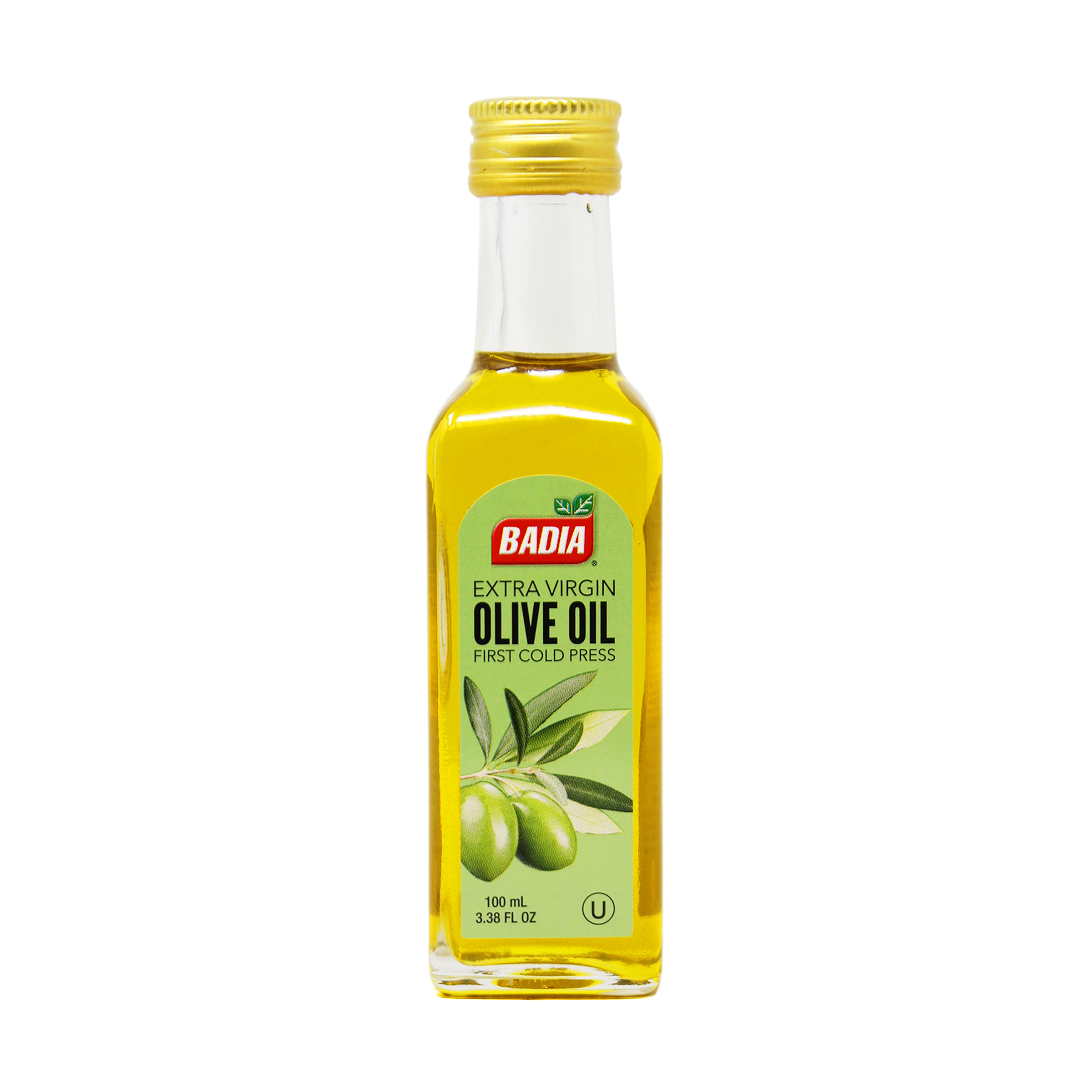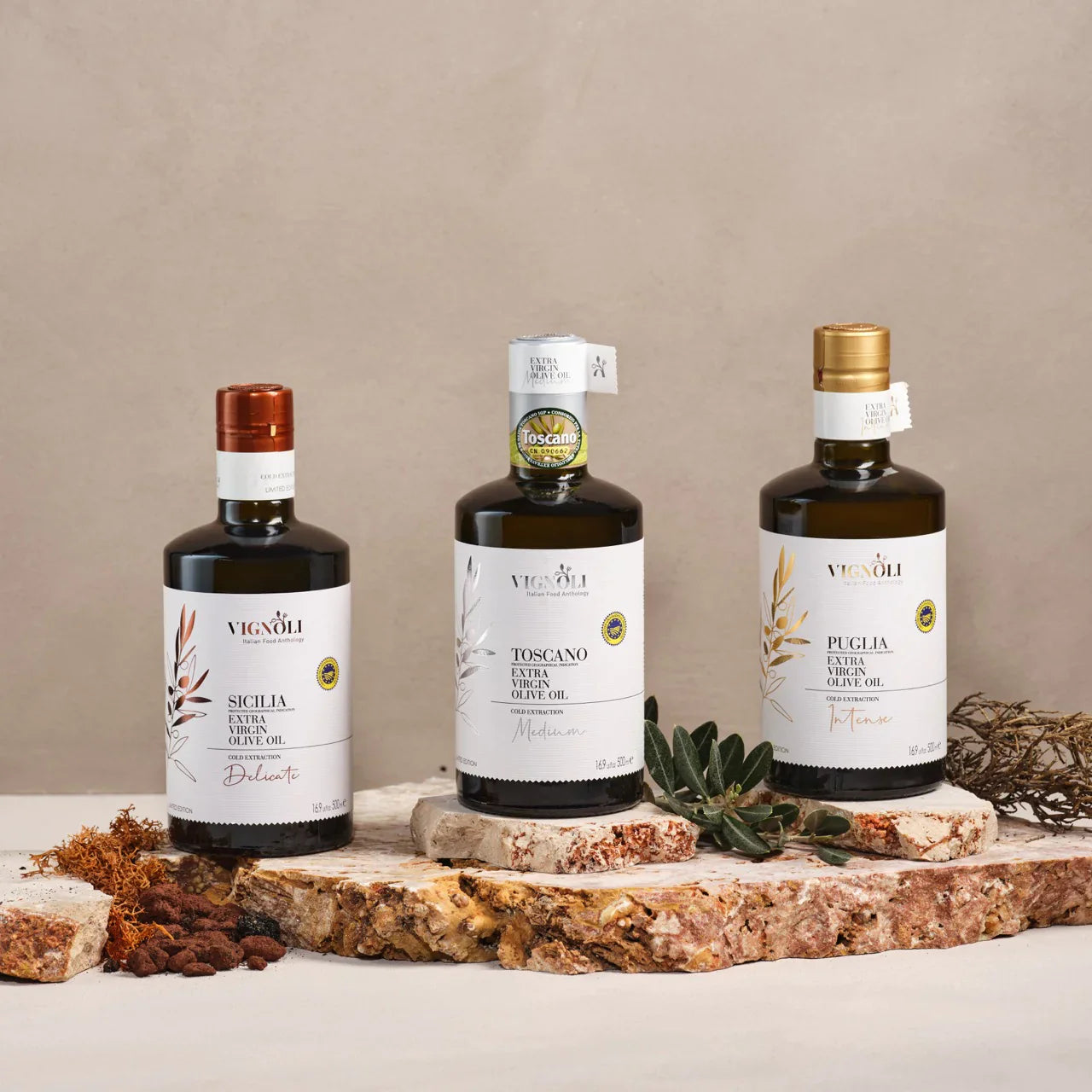Extra Virgin Olive Oil Benefits: A Powerful Antioxidant for Your Body
Extra Virgin Olive Oil Benefits: A Powerful Antioxidant for Your Body
Blog Article
Checking Out the Various Sorts Of Olive Oil and Their Uses, Including Bonus Virgin Olive Oil
The exploration of olive oil incorporates a diverse series of types, each offering distinct flavors and cooking applications. Additional virgin olive oil, renowned for its superior top quality and wellness advantages, serves as a staple in many kitchen areas, yet it is just one facet of this multifaceted ingredient. extra virgin olive oil benefits. Various other ranges, such as refined and pure olive oils, also necessitate interest for their one-of-a-kind buildings and usages. Understanding these distinctions can substantially impact both cooking methods and taste profiles. What, after that, should one consider when choosing the best olive oil for a specific culinary undertaking?
What Is Olive Oil?
Originated from the fruit of the olive tree, olive oil is a staple in Mediterranean food and an essential active ingredient in numerous cooking applications. This versatile oil is created by pressing whole olives, resulting in a liquid that varies in color, aroma, and flavor relying on the sort of olives made use of, the area of cultivation, and the extraction process. Olive oil is primarily composed of monounsaturated fats, especially oleic acid, which is recognized for its prospective health advantages, including anti-inflammatory buildings and cardiovascular assistance.
In enhancement to its culinary uses, olive oil has a lengthy history of application in typical medicine and skincare, owing to its abundant antioxidant web content (extra virgin olive oil benefits). The oil is frequently used in dressings, marinades, and for cooking methods such as sautéing and roasting. Its distinct flavor account can improve the taste of various dishes, making it an important ingredient for both home chefs and professional cooks
Moreover, olive oil is celebrated for its role in the Mediterranean diet, which is related to countless health and wellness advantages. As recognition of these benefits grows, olive oil continues to obtain popularity worldwide as a fundamental part of a healthy and balanced lifestyle.
Kinds Of Olive Oil
Recognizing the different types of olive oil is crucial for both culinary enthusiasts and health-conscious consumers. Olive oil is classified largely based on its removal method and top quality, which considerably influences its fragrance, taste, and health benefits.

Light olive oil, despite its name, describes a lighter flavor and not lower calories. It is suitable for those seeking a more refined taste in dressings and marinades. Furthermore, there are flavorful olive oils instilled with herbs, spices, or citrus, which can enhance dishes without the requirement for additional flavoring.
Each kind of olive oil serves specific cooking functions, and understanding these distinctions allows customers to make educated selections that line up with their cooking designs and health objectives.
Extra Virgin Olive Oil
Additional virgin olive oil (EVOO) is widely considered as the greatest quality olive oil offered, well known for its rich flavor and various wellness benefits. To be categorized as added virgin, the oil must be created from fresh olives using mechanical procedures, without using solvents or extreme warm. This thorough approach preserves the oil's natural flavors, anti-oxidants, and healthy fats, resulting in a product with a reduced level of acidity level of much less than 0.8%.
EVOO is bountiful in monounsaturated fats, particularly oleic acid, which is linked to decreased swelling and boosted heart wellness. It additionally includes polyphenols, powerful anti-oxidants that might provide safety effects against chronic conditions. The flavor profile of EVOO can vary dramatically depending on the olive range and area of manufacturing, varying from grassy and fruity to robust and peppery.

Culinary Utilizes of Olive Oil

In food preparation, olive oil can be made use of for sautéing, toasting, and barbecuing, offering a healthier alternative to butter or various other fats. Its high smoke factor makes it appropriate for different cooking methods, while its anti-oxidants add to a heart-healthy diet plan. Drizzling olive oil over ended up meals, such as pasta, fish, or barbequed vegetables, can elevate tastes and include a touch of beauty.
Furthermore, olive oil plays a significant duty in cooking, where it can replace conventional fats in dishes for bread and breads, passing on moisture and a refined preference. It also works as a base for instilled oils, allowing click over here now cooks to explore flavors such as garlic, natural herbs, or chili, additionally increasing its cooking capacity. In general, olive oil's flexibility makes it crucial in both home and specialist kitchens.
Picking Quality Olive Oil
When selecting high quality olive oil, it's important to think about a number of vital factors that affect the item's health, scent, and taste advantages. First and foremost, go with extra virgin olive oil (EVOO), which is stemmed from the initial cold pushing of olives and contains the highest degree of anti-oxidants and useful substances. Try to find oils that are licensed by recognized organizations, as this typically makes certain adherence to stringent high quality requirements.
The product packaging additionally plays a significant role in protecting the oil's stability. Pick Homepage oils saved in dark glass containers or tins to protect against light degradation. Focus on the harvest date; fresher oils use remarkable taste and dietary worth, so pick items that are within 18 months of their harvest.
Furthermore, consider the origin of the oil. Top quality olive oils typically come from particular regions understood for their unique flavor profiles, such as Italian, Spanish, or Greek oils. Be conscious of the taste; a good quality olive oil need to have an equilibrium of fruity, bitter, and sharp notes, showing its richness and complexity. By assessing these factors, you can guarantee you are picking the finest olive oil for your culinary needs.
Verdict
In recap, the exploration of different types of olive oil exposes distinctive qualities and applications, with added virgin olive oil representing the peak of quality due to its low level of acidity and high antioxidant content. Comprehending the various varieties of olive oil enables for educated options in food preparation approaches, promoting much healthier techniques while enriching the general gastronomic experience.
Acquired from the fruit of the olive tree, olive oil is a staple in Mediterranean cuisine and a crucial active ingredient in various culinary applications.The most usual types of olive oil include fine-tuned olive oil, pure olive oil, and light olive oil.Bonus virgin olive oil (EVOO) is widely concerned as the highest possible top quality olive oil available, well known for its abundant taste and numerous health benefits. Choose for added virgin olive oil (EVOO), which is acquired from the first cold pressing of olives and includes the greatest degrees Read Full Report of anti-oxidants and beneficial compounds.In summary, the exploration of various types of olive oil exposes unique attributes and applications, with added virgin olive oil standing for the peak of top quality due to its reduced level of acidity and high antioxidant web content.
Report this page